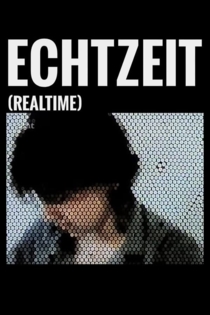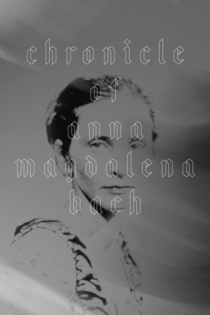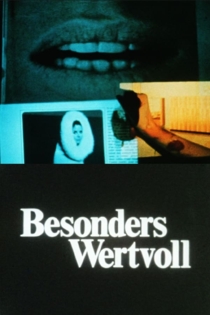
Hellmuth Costard
2021Klammer auf Klammer zu
Hellmuth Costard
Klaus Wyborny, Hanna Arlt
Klammer auf Klammer zu is the story of a young man who decides to leave the country after the 1965 West German parliamentary elections. He hitchhikes out of Hamburg, but makes it only as far as the Lüneburg Heath. There, he meets a woman driving a Jaguar, protects her from an “attack” by a light sport airplane and then helps her sell her car to a shepherd. When doubts arise about the buyer’s solvency, the man and woman take the train back to Hamburg …
Klammer auf Klammer zu

Percy McPhee - Agent des Grauens (6. + 7. Folge)
Klaus Wyborny
Christoph Hemmerling, Hellmuth Costard
The drawings on which the series is based were created in 1969 and served as a template for a slide series in 1970. During her screening, this is interrupted by the film "Percy McPhee Agent of Horror (6th + 7th episode)".
Percy McPhee - Agent des Grauens (6. + 7. Folge)

Fußball wie noch nie
Hellmuth Costard
George Best
In this film, we follow footballer George Best over a 90-minute match against Coventry City, which took place on 12th September 1970. There is no soundtrack and no interview overlaid, just Best doing what he did best - playing football.
Football As Never Before

Der warme Punkt
Thomas Struck
Thomas Struck, Hellmuth Costard
Two aspiring filmmakers walk through Hamburg with a camera operator and a sound operator. From the time they get out bed to their encounter with a production manager, they are harassed by an intermittent white dot.
Der warme Punkt

Echtzeit
Hellmuth Costard, Jürgen Ebert
Georg Krämer, Ruth Bierich
ECHTZEIT by Hellmuth Costard and Jürgen Ebert is a film like thoughts. About reality and the digitalized world. A film about Ruth and Georg, who may no longer exist. A film about "imaginary cameras", synthetic landscapes, about (flight) simulators and Pershing II.
Realtime

Warum hast du mich wachgeküsst?
Hellmuth Costard
Barbara Rieck, Peter Dahl
Hollywood opening credits with crashing sea waves and expectant orchestral music opens the film. Then the viewer's gaze is carried through a room. In a mirror you see for a moment a naked girl holding the recording subjective camera under her arm, she pulls open a drawer, puts the camera inside and closes the drawer. The viewer's gaze and thus the viewer himself is caught in the darkness.
Why Did You Kiss Me Awake?


